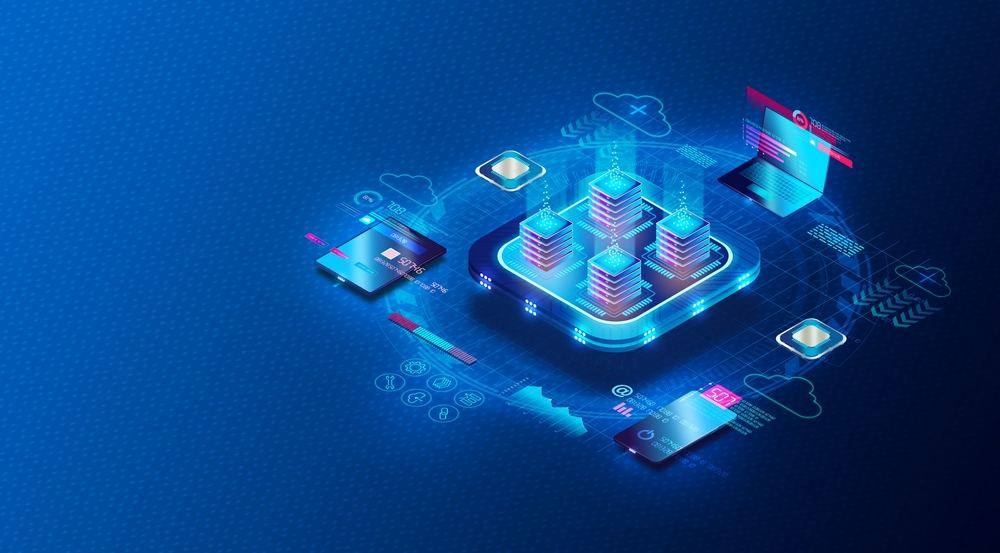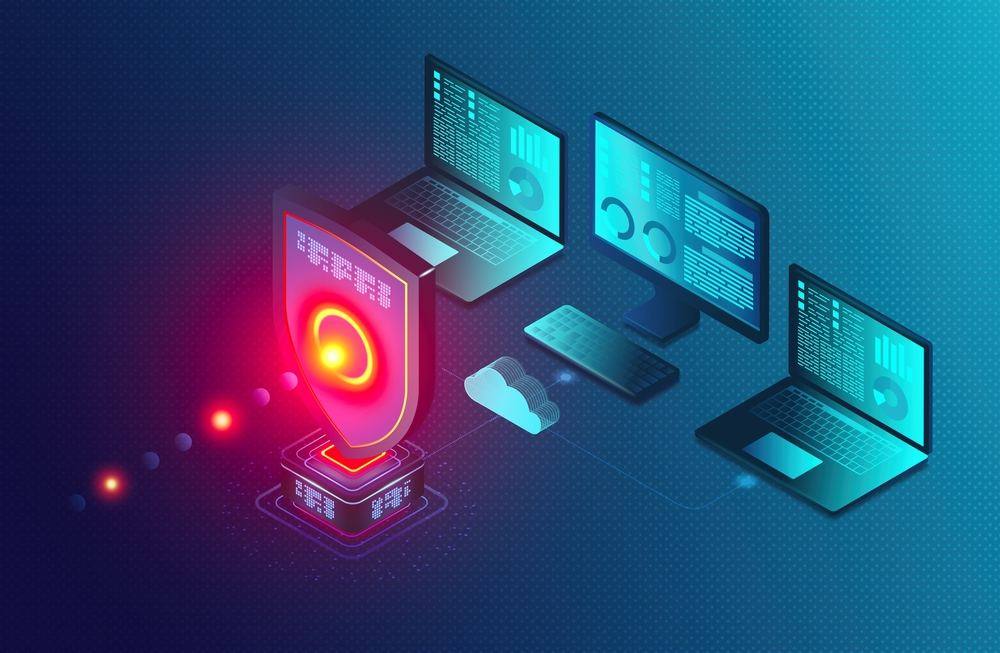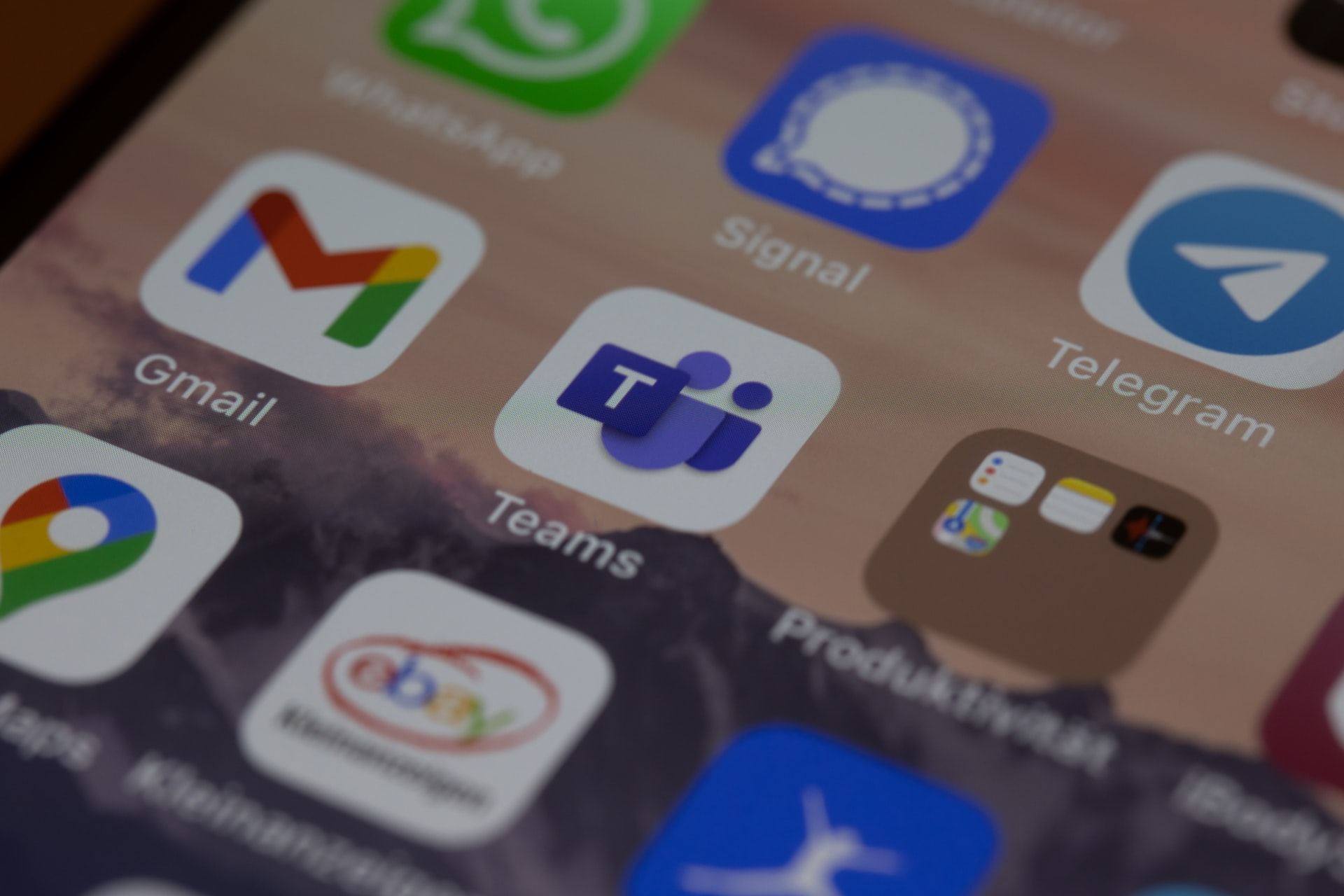Microsoft News: What You Can Expect Windows 12 To Do?

You may have heard there is some media buzz around the release of the new Windows 12. Microsoft has not officially announced a new operating system will be available — but the tech industry has.
So what can you expect the new Windows 12 to do?
Lifewire and PCMag, report they are anticipating a Windows 12 release date some time in 2024. Some less convincing resources have hinted Windows 12 will make an appearance as early as July 2023 whilst others say the operating system is already available on new Windows-run PCs.
We’re not sure about the last two claims. They appear to be coming from businesses looking for clicks to boost their SEO. At the time of writing, we haven’t heard anything concrete. It’s not even certain that the “leaked” reports are true. Having said that “leaked” content in the tech industry is essentially a pre-launch marketing campaign.
One thing we do know is that, if the rumours are true, the buzz around what Windows 12 could do should get IT support professionals and business owners salivating. Microsoft hasn’t been a dominant player in the business IT market for three decades because they don’t deliver top-quality products.
The company’s Microsoft 365 software, for example, is used by over a million businesses worldwide. That’s pretty telling. The software giant is also one of the top dogs when it comes to IT security and sophisticated productivity tools as well.
From the pre-launch marketing — sorry, “leaked” — content that has made its way into mainstream media, this is what our IT professionals think you can expect Microsoft’s Windows 12 to do.
The tech giant’s latest project, “CorePC”, promises to bring major platform upgrades to Windows 12.
The Windows 12 Modular System
Most of the media reports have been centred around Microsoft’s modular system which they have chosen to label “State Separation”. This is basically a partitioning strategy which dices the operating system into separate modules.
The introduction of partitions promises to bring advanced features to the operating system which optimises user data and Microsoft’s unique architecture. In theory, the new approach should provide a more efficient computing experience and a more secure system that better protects your sensitive data from being stolen by threat actors.
Theoretically at least. Let’s not get too carried away. Remember, these rumours are coming from journalists, not Microsoft. The marketing copy that indicates what Windows 12 will do is only speculation at this point and not something that Microsoft is promising.
Historically, Windows has utilised a single partition for the entire system which means that system files, applications, and user data are stored in a central location.

However, the company has, on a couple of occasions, attempted partitioning because of the advantages it offers. Whereas Apple and Google successfully achieved partitioning, Microsoft’s previous attempts at designing a modular system failed, namely “Windows Core OS” project, and Windows 10X.
“CorePC”, it would seem, promises to deliver the goods.
And yes, I know it’s media speculation but if Microsoft has successfully developed a modular system, Windows 12 will deliver some significant benefits.
The Benefits of Read-Only Partitioning
Separating the operating system files from other user files and applications enables an operating system to access and read/write data more efficiently. This can lead to faster boot times, quicker application launches, and overall better system performance.
Instead of having a single partition for the operating system and user files, Windows 12 uses a modular approach called “state separation” which essentially breaks the entire system into several partitions and contains both the operating system and user data separately.
Each partition stores user data in an encrypted format for security purposes. This partition is mounted as a directory within CorePC system and is accessible to the user only after the user logs in to their Microsoft account.
Windows 12 also uses a separate partition called the Read-Only Partition, which contains the core operating system files that are required for the system to boot up. Because the partition is read-only, it cannot be modified by the user or any applications installed on the device.
Partitioning, therefore, allows for better organisation of your business data and the system data. System files are essentially kept separate from user files, making it easier to locate, manage and update files.
This can be especially helpful for system administrators who need to manage multiple systems. Because the operating system files are stored in a contiguous block on the disk, it reduces seek time and latency thus making the system more efficient and increasing productivity.
What’s more, storing system files on read-only partitions gives them better protection from accidental or intentional modifications by users or applications. In the event of a system crash, or if the operating system partition is corrupted by a virus infection, user data should still be recoverable from another partition.
Partitioning, therefore, helps to ensure the system remains stable and is more resilient to ransomware attacks. With system files stored on a read-only partition, system administrators can easily restore the system to a known, stable state by simply reinstalling the operating system from a backup image.
Can You Expect Windows 12 To Do: Faster DeviceUpdate?
Because system partitions separate the operating system files from user data and applications, system updates can be performed faster. The relevant partitions are modified rather than the entire disk.
When a software update is released, the modification is typically applied to the operating system partition which is smaller than the entire disk. This updating a partition is faster and more efficient than updating the entire disk.
In addition, system partitions can also allow for faster rollback and recovery in the event of a failed update. By separating the operating system files from user data and applications, the system can be restored to a previously stable state more quickly and easily. This can help to minimise downtime and reduce the risk of data loss or corruption.
Can You Expect Windows 12 To Do: Improved Security
Microsoft has made significant improvements in security in recent years. Azure and Office 365, in particular, have helped to make business networks more resilient and increase Microsoft’s appeal to businesses.
The current Windows 11 operating system includes features like Windows Defender Antivirus, Windows Firewall, and Windows Hello biometric authentication, which can help to protect against viruses, malware, and other security threats.
We have previously published an article about the Microsoft 365 security features you should know about which you can read here.

But anyway, back to read-only partitions.
If the rumours are true, business you can expect Windows 12 to provide better protection for your business data and customer records. Even if hackers do infiltrate your business network, there is less risk of your data being kidnapped and held for ransom.
That’s not to say, you shouldn’t install a cybersecurity strategy. Any data breach is still punishable under GDPR and can potentially put you out of business.
How Do Read-Only Partitions Improve IT Security?
A read-only partition cannot be modified by users or third-party applications. This means that malicious software or nefarious actors operating from the inside cannot make changes to the operating system files — either intentionally or accidentally.
Subsequently, by separating the operating system files from user data, system partitions can help to protect the operating system from viruses, malware, and other security threats. If a user’s data becomes infected, the operating system files are preserved by restoring the system from a backup image stored on a separate partition.
We expect IT professionals will also be able to configure Windows 12 to restrict access to critical system files. This feature already exists in Windows 11 and works really well, so there is zero benefit in removing it.
It remains to be seen whether Microsoft improved the permissions feature for cloud user access management but there is the potential to add an extra layer of security via a dual verification function which requires a second administrator, if selected, to confirm a change to the system.
System partitions are also better at facilitating system updates and proactive maintenance. This can help to ensure your business network is upgraded with the latest security patches promptly. The subsequently reduces the risk of vulnerable gateways exposing you for quick acting hackers to take advantage — which they can given potential exploits are reported by software companies and cybersecurity firms whilst informing businesses of the latest security patch.
Can You Expect Windows 12 To Do: Improved Data Encryption?
Encryption is a key component in any cybersecurity defence strategy because encrypted data can only be accessed by someone who has the decryption key. This makes it more difficult for attackers to steal sensitive information.
System partitions have already been proven to protect sensitive data by using encryption. This helps to protect passwords, user profiles, and system logs. Although Windows 11 doesn’t use partitions, it does deploy several security features bundled in the Microsoft 365 subscriptions.
For example, BitLocker is a full disk encryption feature that encrypts the entire drive on which Windows 11 is installed. This ensures that all data on the drive is protected, even if the device is lost or stolen. BitLocker uses advanced encryption algorithms to encrypt the drive and can be managed through the Windows 11 Control Panel.

Windows Hello is a biometric authentication feature that allows users to log in to Windows 11 using facial recognition or a fingerprint. This feature can help to prevent unauthorised access to the device and can be used in conjunction with other security features like BitLocker to protect sensitive data.
Encrypted File System (EFS) is a feature that allows users to encrypt individual files and folders on their Windows 11 device. This can be useful for protecting sensitive documents, financial information, or other personal data from unauthorised access.
Virtual Private Network (VPN) encrypts internet traffic and protects user privacy while browsing the web. Users can set up a VPN connection through the Windows 11 Settings app or through third-party VPN software.
If Microsoft nails the modular system that is being rumoured, you should expect to benefit from enhanced encryption capabilities. Partitions isolate sensitive data which makes it more difficult for threat actors to access without the access keys or permissions.
The management of encrypted data will also be simplified by storing it across various cloud servers without compromising the performance of your business network. Encrypting large amounts of data can slow systems down, especially if the encryption and decryption process is resource-intensive.
Can You Expect Windows 12 To Do: Improved AI Functionality
The reports focusing on the “leaked” Windows 12 features also indicate that Microsoft will be adding more artificial intelligence features. It makes sense for the software company to harness the power of AI given the technology is poised to power the IT in the near future.
PC World wrote an interesting article on how Microsoft could leverage AI to supercharge Windows 12. Some top suggestions are to reinvigorate Cortana, the fading and almost forgotten voice assistant.
The writer also expects AI to improve Microsoft’s dictation function and pull up files in relation to relevance based on your search query. This will mean that you don’t have to waste time searching through documents when you forget which folder you deposited a file.

This could mean that you can instruct Cortana to write an email, attach it and send it without having to touch your PC. So you can dictate emails whilst you’re driving for example.
Oh, and you can swap yourself out of a video conference and replace your real-world appearance with an Avatar in your place. If that takes your fancy. I suppose it could come in useful if you’re looking worse for wear after a night on the ale.
Just saying.
Microsoft is no stranger to building AI capabilities into its products. The software giant has integrated AI features into several of its products, such as Office 365, Windows, and Azure.
For example, Microsoft Excel has a feature called “Ideas” that uses AI to help users visualise and analyse data. Microsoft PowerPoint also leverages AI with “Presenter Coach” which provides real-time feedback on a user’s presentation skills.
Based on past experience, we expect Windows 12 to do even more with AI-powered features that enhance productivity and support decision-making. There is scope for improved data analysis that could potentially help employees to work more efficiently, or provide market insights you could develop into opportunities for increased revenue.
Given Microsoft has a large research team dedicated to advancing state-of-the-art AI, exploring new applications for the technology is predictable. The only thing we can’t predict is exactly what tools Windows 12 will offer. But as AI algorithms mature, you should expect some useful solutions to the challenges businesses are facing at present and in the foreseeable future.
